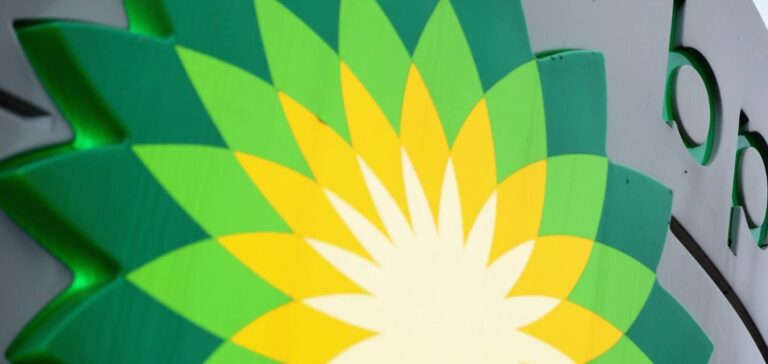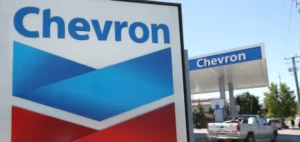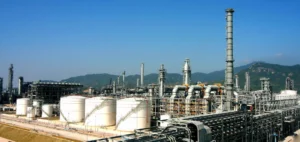British energy group BP has revealed it has identified a new oil field in the deep waters of the Gulf of Mexico, approximately 190 kilometres off the coast of Louisiana. This announcement comes as the company continues a strategic shift back towards fossil fuels, following a partial abandonment of its carbon reduction targets. The company stated that this discovery is part of a global drilling campaign aimed at boosting its production capacity by 2030.
A strategic pivot back to hydrocarbons
BP indicated that the new discovery is part of a broader plan involving the drilling of around 40 wells over the next three years, with up to 15 expected to be drilled this year. The group plans to increase its daily production to 2.5 million barrels of oil equivalent by 2030, with more than 400,000 barrels expected to come from the Gulf of Mexico alone. Andy Krieger, Vice President of BP, stated that operations in the region remain a strategic pillar for the company.
The Gulf of Mexico is a historically significant area for BP, though also marked by the Deepwater Horizon platform disaster in April 2010. That explosion, which occurred on a BP-operated installation, resulted in the most severe oil spill in United States history, causing the death of 11 employees and costing the company tens of billions of dollars in damages and compensation.
Strengthening deepwater exploration
In its statement, BP emphasised that this development in the Gulf of Mexico demonstrates the group’s intention to reinforce its presence in high-value extraction zones. The exact dimensions of the site were not disclosed, but it is considered indicative of the group’s broader investment intensification, particularly in key offshore regions.
The announcement also comes amid a shift in official naming, following a directive from United States President Donald Trump. The area is now designated the “American Gulf,” with the administration underlining its central role in national energy supply, as well as its significance for fishing and tourism industries.





















